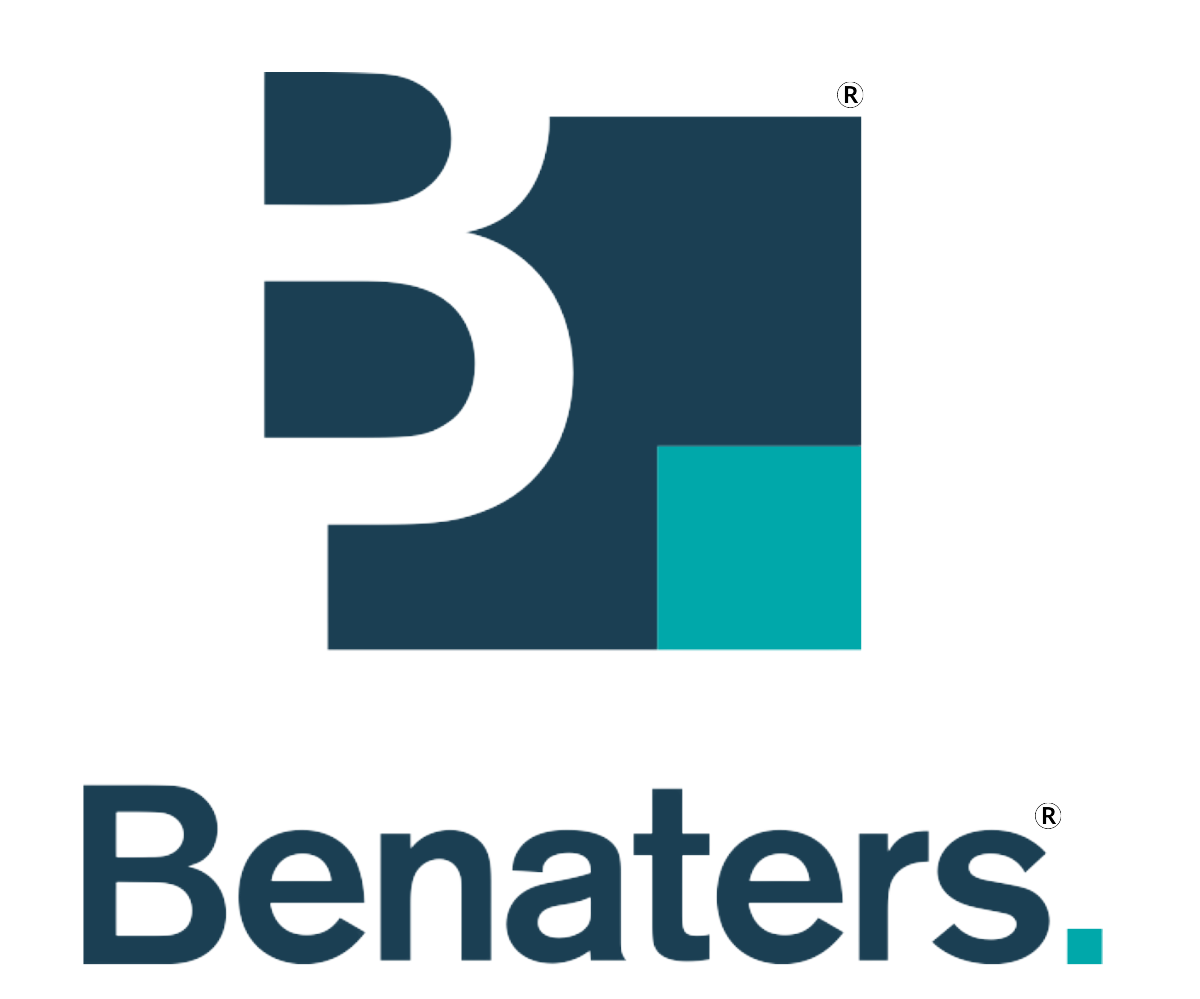10 Simple Techniques For Conveyancer
10 Simple Techniques For Conveyancer
Blog Article
Not known Details About Conveyancer
Table of ContentsNot known Details About Conveyancer The Only Guide for ConveyancerA Biased View of ConveyancerConveyancer Fundamentals ExplainedRumored Buzz on ConveyancerAll about Conveyancer
In regards to purchase, they execute due persistance which entails the confirmation of all important lawful documents. The due persistance recognizes any kind of existing limitations; such as cautions and easements about the title certificate and any kind of other pertinent documents. Any sort of encumbrance can put constraints on how the home can be enjoyed by the owner and for that reason, should be confirmed before settling the agreement.This may place the buyer in a placement of compromise which can or else be protected against under the professional support of a conveyancer. Purchasing or selling a residential property can include a pair extra economic obligations aside from the cost of buying the residential property. Allegedly, an individual marketing their property has actually paid the council 6 months beforehand.

Conveyancer Fundamentals Explained
The conveyancer must see to it that all legal documentation has been arranged and gotten ready for the efficient transfer of residential or commercial property possession. The conveyancer works as a legal guardian in support of the customer to make certain that absolutely nothing stands in the means of them taking possession of the property they have spent for.
Throughout this moment, they make certain all the documents, cheques and papers necessary for the purchase are turned over. As soon as the settlement is complete, the conveyancing solicitor will connect to the residential property buyer or their actual estate agent for the final thought of the sale. The obstacles and obligations of a are much more complicated than they can be taken into perspective.
Learn more of Allen West's article at.
Division. Conveyancing is the lawful process that takes area when legal ownership is acquired of immovable residential property.
The Basic Principles Of Conveyancer

The expenses are imposed in conformity with the Regulation Society's tariff guidelines. A Conveyancer needs to: At all times shield the rate of interest of his/her clients and in conformity with the signed Sale Contract; Keep all events educated of the progression on their deal and notify both parties of the conveyancing treatment and processes; Encourage the events on the problems of the Sale Arrangement, particularly regarding suspensive conditions and commitments; Suggest the seller on the termination of his bond, any type of charges, notification periods and other management costs which might affect the settlement number; Obtain the vendor's written guidelines prior to he/she, as the Conveyancer, issues any warranties in regard of the deal; Do whatever in his/her power to register the transaction on or as close as feasible to the date accepted in the Sale Contract; Advise both events on their commitments in terms of their Sale Arrangement, so as to make sure that the transfer is not postponed unnecessarily; Consult with both parties to visit their website authorize the relevant documents connecting to the purchase Prepare the actions for lodgement with miraculous treatment, so regarding guarantee that they minimise the danger of a denial of the paperwork by the applicable Acts Registry; Educate both events of the transfer on the date of enrollment; Account to both parties for financial resources connecting to the deal within two/ three days following effective registration of the transaction in the relevant Acts Computer system registry.
It belongs to your conveyancer's work to coordinate a negotiation time with the opposite side's legal rep, during which time the property is formally transacted and all paperwork and cheques are handed over - Conveyancer. Upon negotiation, your conveyancer will certainly reach you and/or your realty representative to confirm negotiation and enable for keys to be handed over
No one desires to experience a demanding or overwhelming scenario when you should just be delighted for your next action. This is where conveyancing can assist the process to move along effectively. The duty of a building conveyancer is to manage this lawful process of transferring the ownership and title of a home from the seller to the purchaser.
However lawyers frequently have a series of locations they have competence in, with conveyancing perhaps being an area they do not practice in commonly. The benefit of making use of a residential or commercial property conveyancer is that property deals are what they bring out consistently. They comprehend the process inside and out and are extremely accustomed to it, making sure go to my site all pertinent paperwork is offered and the process is accurate and timely.
The Ultimate Guide To Conveyancer
You can additionally meet with your conveyancer prior to residence searching or offering your building if you need support in this process as well. If you have selected to offer or buy a home without a property agent, the conveyancer will certainly have the ability to handle the Agreement of Sale to guarantee it properly shows the sale or acquisition.
However, picking an alternative for no various other factor than it's less expensive could trigger more issues in the long-term with an imprecise or inefficient service. Look for a fixed cost service so you know specifically what the procedure will cost you and whether it fits right into your planned spending plan. Referrals from pals or family members, or reading on-line reviews can additionally be useful in discovering a seasoned and effective conveyancer.
Conveyancing solicitors and certified conveyancers both supervise the conveyancing process. Nevertheless, their expert histories vary. A conveyancing solicitor is an individual who is a fully qualified lawyer (as a member of the Legislation Society) and that specialises in conveyancing. A residential or commercial property solicitor will commonly tend to have experience in various other lawful areas too.

How Conveyancer can Save You Time, Stress, and Money.
They liaise with different parties, including the estate agent, seller's conveyancer, and regional authorities. The conveyancing process starts once a deal on a home is approved.
Residential property searches serve a function in the conveyancing process. The customer's lawyer arranges these checks to expose prospective concerns with the residential or commercial property.
Neighborhood authorities could give insight right into nearby future growths that could influence the residential or commercial property's worth. A residential or commercial property's title acts stand for a historic record of its ownership.
When an offer is approved, the seller's solicitor prepares a draft contract. This agreement pack includes essential papers like the residential or commercial property details type, the leasehold info type, and the installations and contents develop. The customer's conveyancer checks out these to make sure all the paperwork follows assumptions. At this stage, residential or commercial property regulation considerations emerge, from common accessibility rights to what components include the home.
Conveyancer Can Be Fun For Anyone
On the other hand, if the vendor withdraws, they face charges. Both parties settle on a straight from the source conclusion date complying with the exchange. On today, the purchaser pays the continuing to be balance, and the vendor moves the home keys. There's frequently a gap between exchange and completion for buyers to settle details or make setups.
Report this page